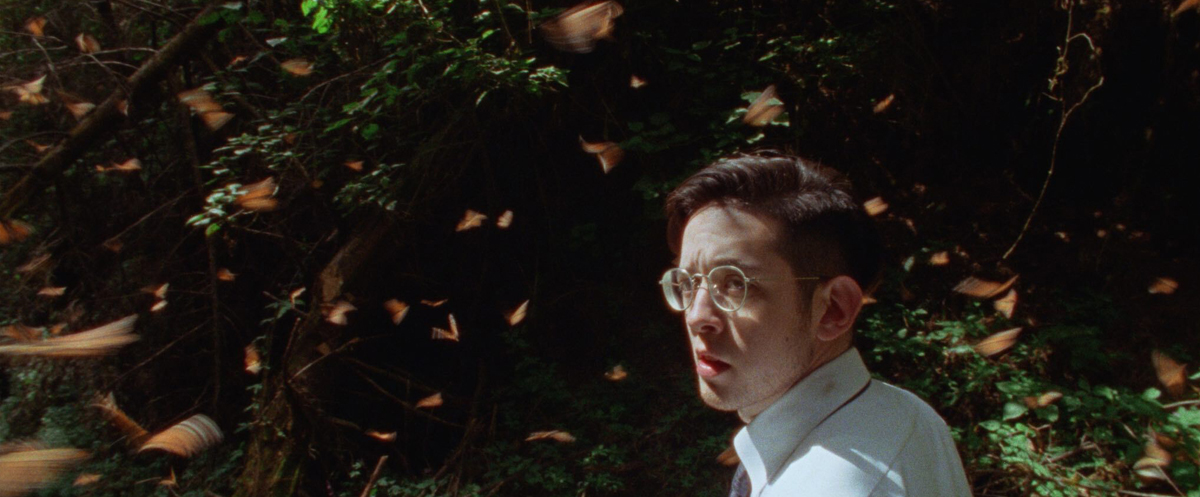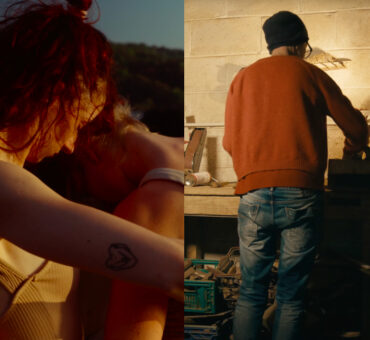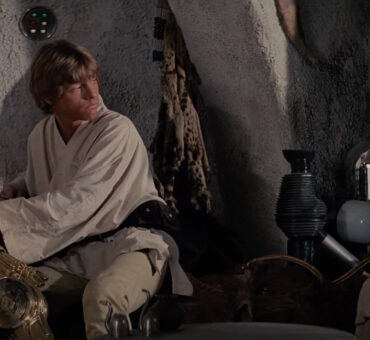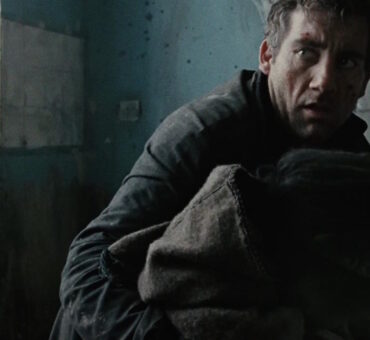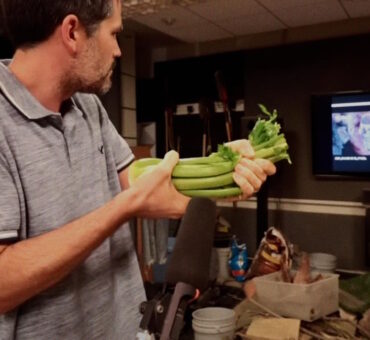In the filmmaking world, your future work is defined by your past work. Executives and agencies want a sure thing, and the only sure thing is the project you’ve already made. If you’ve directed commercials, that’s what you’ll get. If you’ve directed sports documentaries, that’s what you’ll get.
But, what happens when you end up working yourself into a corner? You have to take charge.
Here’s how Director Mackenzie Sheppard puts it:
If they don’t see it, they don’t believe it. You have to go out and start creating the stuff that you want to be known for. Even when you do, they might not think it sells that well. Or, at the time, it just doesn’t hit a spot with people. You have to keep trudging on the sidelines, making a living, but ultimately the stuff you’re doing on the side is more important.
Mackenzie’s career is a great case study for intentionality. As a director, his resumé is all over the map in the best way possible, with dozens of commercial, experimental, and narrative projects under his belt. He’s directed IKEA, Guinness, Nike, Red Bull, and many more, and has nabbed more than a few awards for his shorts (Canne YDA and AICP, to name a few). It’s this philosophy that’s been his guiding light and it has served him quite well—in order to make the work you want to make, you have to make the work you want to make.
In our conversation, he offered up some insights on balancing a freelance career, funding side projects, and steering your portfolio in the direction you want.
Here’s Director Mackenzie Sheppard.
Musicbed: You were raised in Japan, correct?
Mackenzie Sheppard: I’m actually Canadian, and I was born in the U.K., then I moved to Japan when I was five. It’s a bit of a mixed upbringing in that regard. I went to an international school in Tokyo until I was 17, and then I moved to Canada where I studied at the University of British Columbia, which is where I started my commercial career. I ended up living in Tokyo, working in the advertising scene for a bit, then to China soon after that, and recently I’ve expanded more to the global scale.
What was your introduction to filmmaking?
Like most kids, I was playing with cameras at home. My first camera would’ve been my grandparents’ VHS camera, and then it was a Sony Cybershot 2.5 megapixel that you could shoot two minutes of video with on a huge SD card. That got me into Windows Movie Maker and getting a basic understanding of editing from an early age. I always found excuses in school to try and convince the teacher to do a video essay instead of a written essay. It was just more fun. All of those things were pointing me to visual storytelling.
Did the institutions in your life support that?
I was lucky to grow up in a school with a lot of great mentors who saw talent in people and helped bring it out. I have parents who always encouraged me to do whatever I felt I wanted to do. I just grew up feeling very empowered to make what I wanted to make, but ultimately it comes down to just a lot of hard work and networking. It’s something you ultimately have to do yourself at the end of the day. It takes a lot of patience and dedication.
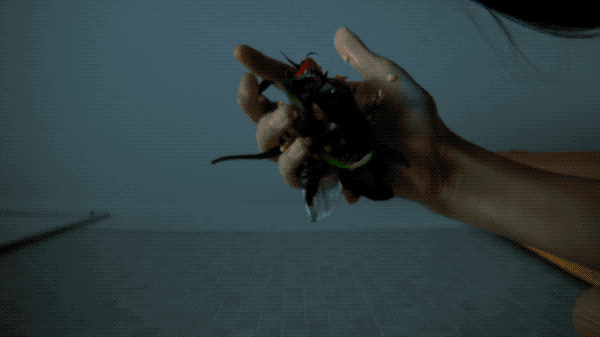
Even after eight years of doing this, it is only now feeling like it’s starting to pay off. People are noticing things I made five years ago, saying, “We’d be interested in doing an ad like this, or would you be interested in developing that into something longer?” All these little seeds are starting to grow.
How do you balance your freelance schedule?
My strategy has changed a bit. I always wanted to believe that a rep could really work for me or that having the right rep would get me the right projects. But, I don’t think that’s the case. I think it comes down to what you’re investing your time and your own money into on the side and creating the projects that are going to build your style and bring the work that you want.
So, in terms of freelance versus being repped by someone, I think it comes in tides, but ultimately the freelance style has really worked for me. When people reach out to you directly, you tend to own it a bit more. They’ve come to you really hit by something that you’ve created, and they want some of that. They don’t know what it is, and you don’t quite know what they saw, but they liked it. You’re immediately connected through something bigger than yourself.
You mentioned investing your own resources into side projects. What was that like for you?
I made a deal with myself. I said to myself, “I’m going to invest 50 percent of everything I make back into my own personal work, whether that’s a short film, documentary, or developing something longer.” I’ve kept that up over the years. When the time comes, you can fill your downtime with that personal thing that you’ve invested time, money, and resources into.
If you’re working on a feature film, you probably need a bit more support, but in terms of the short films I’ve been doing and everything like that, I’m always putting a chunk of money upfront for my projects. MAN IN PHONE is a good example of that and so is DONNY THE DRONE. I don’t know where I’d be if I hadn’t made that 50/50 deal with myself.
Do you find that casting a wide net creatively has paid off in your career? Just being interested in many different things?
It can be really rewarding, and it can also be extremely anxiety-provoking. It’s this balance of being ultra-flexible and free, but also for a good chunk of the time, you’re always wondering where the next job is going to come from. That’s a phase every freelancer goes through as you’re building your network and understanding how to carve your own path. Then, your portfolio develops, and your network builds, and your relationships grow with people. Those relationships usually come back for more, especially when it’s been a rewarding experience.
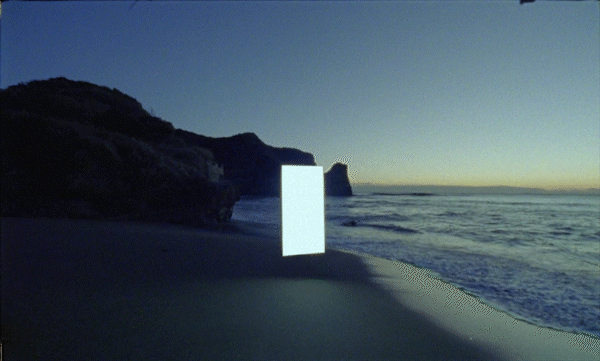
When you’re first starting out, you want to try and win everything or do everything you can, but pretty soon, projects take their toll, and you get a bit more selective with what you’re putting your time and attention into, and that begins to show in your portfolio. More people start to understand what you’re about rather than just someone trying to make a living. If that makes sense.
How do you ride out those anxiety-inducing periods?
You have to keep two feet on the ship and hold on for dear life. You may get an email in your inbox when you get an offer, thinking, “Oh yeah, right, cool.” Then, you read the script, and you’re like, “Oh God, this is bad. This is really bad.” Often the power of saying “no” is most important, even in those anxiety-provoking moments. I was bidding on a project in China, but things just weren’t lining up, and it was really hard to let go of. I was thinking, “That could have been the project of the year.” And then a month later, VISIT EARTH came up, an original series I did with Wieden+Kennedy Amsterdam, and it’s one of the most fun projects I’ve done.
Getting through the anxiety is part of the journey, I think. There are times when you say no to a project, and then nothing else comes up for a while, but you use that time for something else. And that helps you grow. In other words, you start running a lot when you realize you suck at guitar [laughs].
Do you think your freelance career helped you find your voice more quickly?
Totally. In the beginning, I got signed very young and only had three projects on my reel. One was a documentary about this old lady in my neighborhood, and it just hit a spot with everyone. It’s called OBA-CHAN, and it did really well on Vimeo. Lo and behold, six months later, I’m doing all these female-oriented documentaries about people finding their inner voice. I did a project for Tiffany with three celebrities telling their stories, and that was great. But, at the same time, there was this whole other side of me that people were not seeing—the humorous side and the magical side of me.
If they don’t see it, they don’t believe it. You have to go out and start creating the stuff that you want to be known for. Even when you do, they might not think it sells that well. Or, at the time, it just doesn’t hit a spot with people. You have to keep trudging on the sidelines, making a living, but ultimately the stuff you’re doing on the side is more important.
It’s like someone who paints 20 paintings a week. They’ve always got the brush in the hand, painting something. Every month they’ll come out with something that’s just amazing, but when you go in their studio, you see a lot of their experiments, and they’re not particularly great. Once I started understanding the process more, I allowed myself the freedom to create. There are many videos I’ve made that are for me and me alone, just to know that I tried it. It could develop into something cool. I’m glad I experimented with that technique or that character is interesting to me. You put it in the bank for yourself.
Once you become proficient in one style—like documentaries, for example—it seems like it can be hard to escape a snowball effect.
It really depends. I’ve always pivoted on purpose to avoid that. I learned those lessons pretty early on, where I decided I didn’t want to tell one kind of story for the rest of my career. I was getting to be known as the documentary guy, and that wasn’t necessarily what I wanted to make. You have to pivot.
If you’re someone like a freelance editor, it is a bit of a menu when agencies and directors look at your reel. I always have to stop myself from taking their reels so literally because editing is like a philosophy, and you want to see what their editing philosophy is. The images don’t really matter. They could edit their morning breakfast with an iPhone and I’d understand how they work through it. But, on the other hand, some people really love getting into a niche and staying there, and they do really well. It really comes down to your expectations for yourself, and it’s up to you to change them.
Speaking of philosophies, what’s your philosophy for directing?
I think I’m too young to know that yet. With every project, I’m re-figuring it out. If there is philosophy there, it’s to be willing to learn it all again and take some of the lessons with you. Let the mystery pull you in, and just make sure you have a firm grasp on certain elements of it. Don’t pretend to know everything because you don’t. Unknowing is my directing philosophy, for now. Check back in a year, and see what I say then.















































































